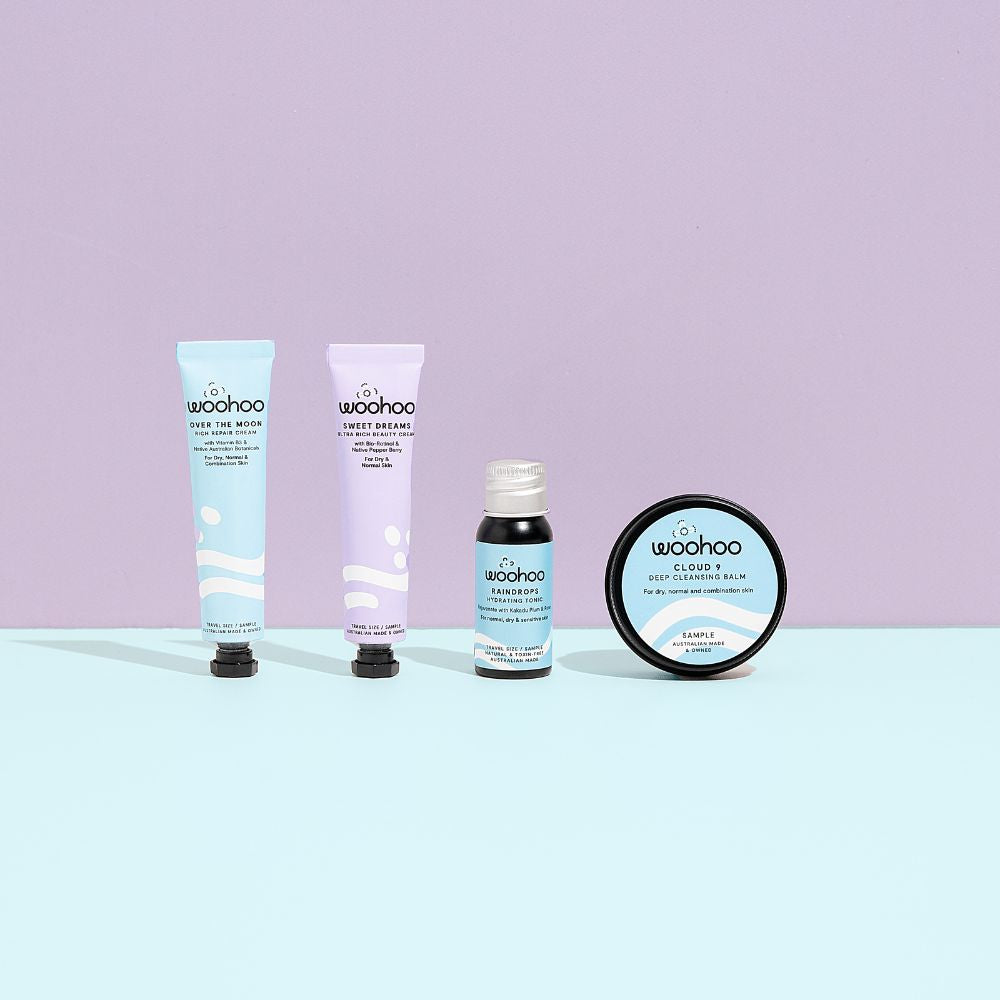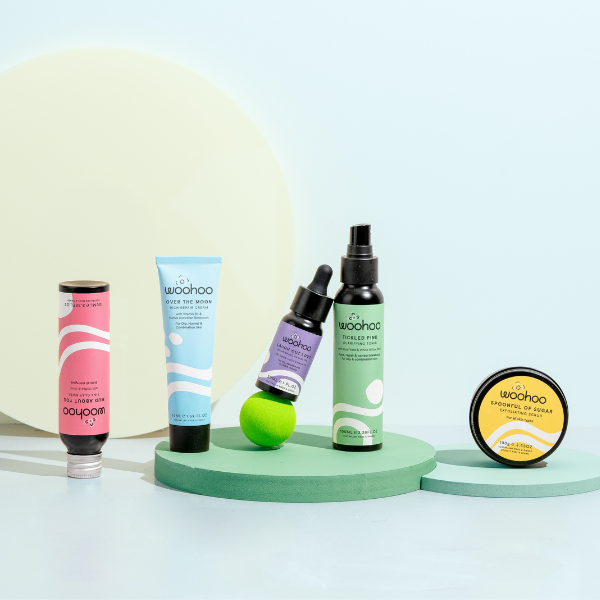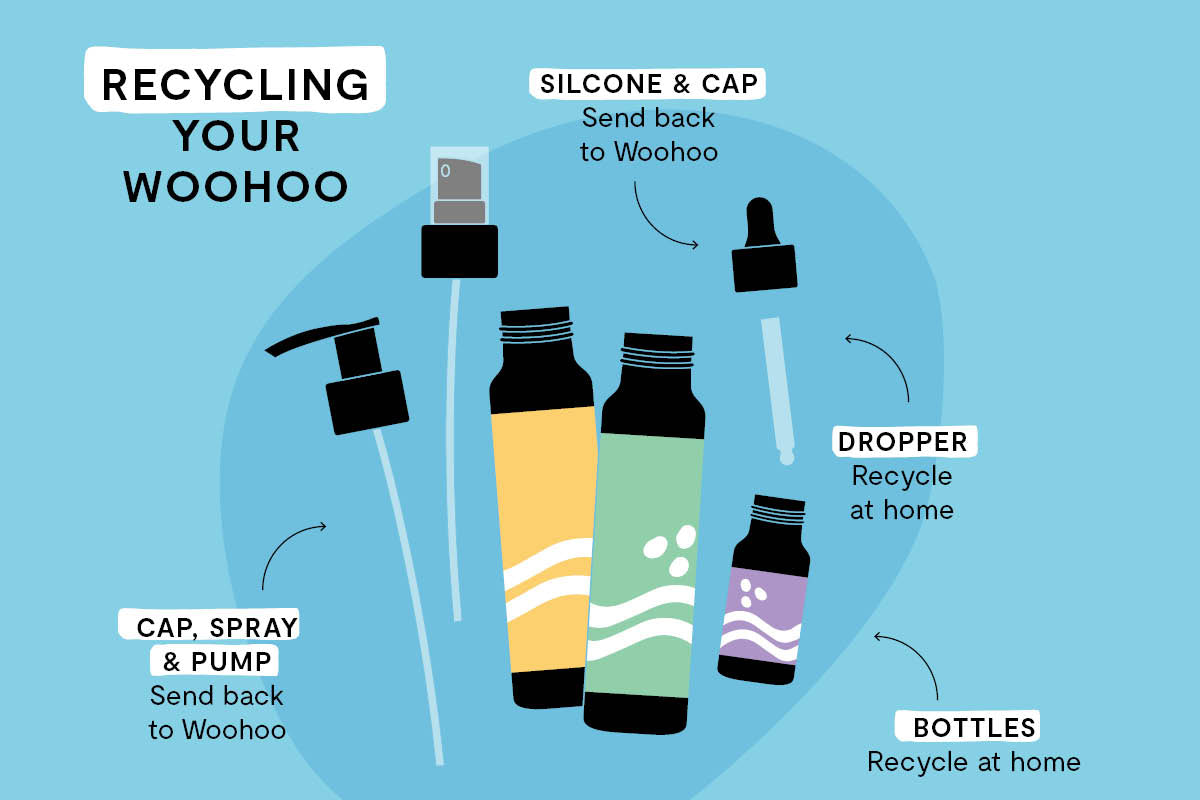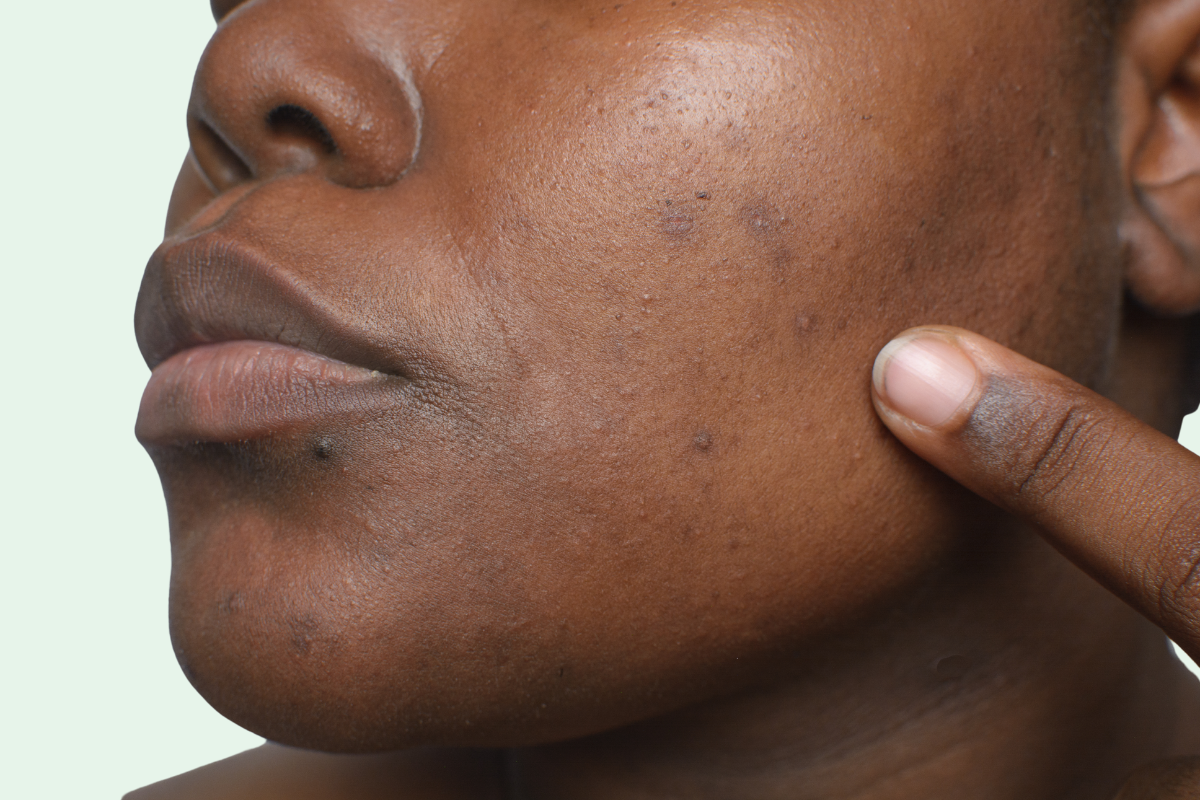We love plant oils so darn much because they’re just about as natural as a skincare ingredient can get. They’re readily found in nature and can be extracted without any chemical modification to the plant they come from.
But natural skincare doesn’t stop at oils. Some people want different kinds of natural products – like all the lovely user-friendly creams, lotions, gels, serums and soaps.
What you might not know is that to make all these different kinds of products, we need to use ingredients that are a bit further removed from their original state as plants or minerals in the ground. The plants need to be modified, either by some kind of physical or chemical process.
Emulsifiers used to make moisturising creams are a good example. The emulsifier is the part of the cream that holds the water and oil together, so they don’t separate. In the natural cosmetics world, they’re usually made from sugar, corn, palm oil, olive oil or coconut oil which has gone through a process to make into an ingredient that allows us to mix oil and water.
Now let us get a little philosophical with you…
Arguably, every single man- (or woman-) made thing on Earth started as something natural, and has been transformed (sometimes over and over again) into something different. Sometimes we call that new thing that has been created natural, and other times we call it synthetic.
But where do you draw the line between natural and synthetic?
This is a particularly important question for us because we are all about 100% natural skincare.
Just like many of life’s trickiest questions, this one doesn’t have a straightforward answer either. And the answer is that it’s a “matter of opinion”.
So here’s what “natural” means to us, when it comes to skincare ingredients.
Any ingredient needs to tick all of these boxes before it makes it into a Woohoo Skincare formula.
- It originated as a plant or mineral in the ground (but no mineral oil even though it’s natural)
- It hasn’t been modified using a process which leaves behind unhealthy contaminates
- It’s eco-friendly and sustainably produced
- It’s non-toxic according to EWG (the Environmental Working Group)
- It’s approved by one or more organic bodies (e.g. ACO, USDA, COSMOS or ECOCERT) for use in certified organic products (a big plus but not essential)
- It’s not tested on animals or made from any animal by-product
Not everyone is as straight-shooting as us, and you might find some more fanciful descriptions of what truly is natural out there. It raises the question, “how do you know who to trust?”
We had a bit of a laugh at the supermarket this week when we saw some insect spray that was boasting that it contained “100% natural plant extract”. The wording made it sound as if the product was 100% natural, but that’s not what it boiled down to. What it really meant was that one of the ingredients in it was 100% natural, and that might have only made up about 1% of the total product, or less.
We keep it real by following the guidelines set out by Natrue. They have put together some really strict rules for manufacturers to go by to give you the assurance that the product truly is natural or organic, as opposed to a marketing spin. We’re not certified as 100% natural by Natrue at the moment because of the costs involved, but give us 2 years and we’ll be all over it 
What the heck are “nature identical” ingredients?
“Nature identical” ingredients are a different kettle of fish. They’re basically an ingredient that has been created in a lab, but can be found in nature in the exact same form (or sometimes not exact but pretty darn close!).
You’re probably reading this because you’ve made the healthy choice to natural skincare products. And you’re not alone. Demand for natural skincare products is growing insanely fast, and as clever as Mother Nature is, she hasn’t created enough of some ingredients to make all those products.
Some ingredients are amazing for your skin, but only found in nature in the minutest amounts, making it very expensive and wasteful to extract for skincare. Or sometimes using a particular ingredient too much can be completely unsustainable, with the possibility of driving plant species to extinction!
This is where nature identical ingredients come in.
There are some fantastic ingredients that exist in nature but we can’t source them from nature. It’s impossible, too expensive, or environmentally irresponsible.
“Nature identical” ingredients have some huge benefits. They have less contaminates, they’re less expensive, and can be more eco-friendly.
Are nature identical ingredients natural?
There’s no black and white answer for this one either. Our view is that nature identical ingredients are sometimes natural.
It all depends on which ingredients they started as, and the types of processes that turned them into their final state. Some processes are OK and some aren’t. This view is shared by natural certifying organisations like Natrue and Biogro.
Zinc Oxide is a good example of a natural nature identical ingredient that’s found in most natural sunscreens. Even though zinc oxide exists in nature, it’s very rarely found as a pure mineral in the ground. To make zinc oxide, zinc is taken out of the ground and goes to a lab to be turned into Zinc oxide (usually using fire), purified, stabilized and made safe to use in cosmetics.
Other common nature identical ingredients are ascorbic acid (vitamin C), potassium sorbate, micas, MSM, vitamin A, vitamin D and salicylic acid. All of these are widely used in the supplements and vitamin tablets that you might take every day.
Brain fried yet?
Welcome to our world 
Just like not all natural ingredients are safe (arsenic is natural!), not all man-made or modified ingredients are bad. In fact, we still treat many of them as natural.
Some nature identical ingredients are good and some are bad. It comes down to how it is made and which chemicals were used.
We ONLY use ingredients that we consider to be natural. But the most important things of all are that every product needs to be non-toxic, safe and environmentally friendly. It also helps if it makes your skin look freaking amazing.








